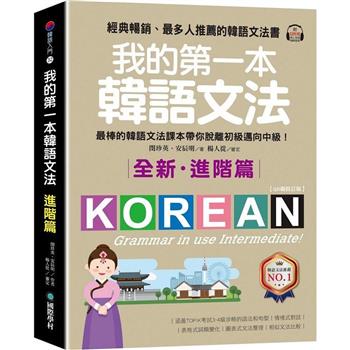"Religion" has become suspect in literary studies, often for good reason, as it has become
associated with reactionary politics and outdated codified beliefs. In Modernist Reformations: Poetry as Theology in Eliot, Stevens, and Joyce, the author demonstrates how three high modernist writers work to reform religious experience for an age dominated by the extremes of radical skepticism and dogmatic rigidity. The author offers new and provocative readings of these well-studied writers: Joyce and Stevens are usually considered purely secular, and the Eliot in this book is more progressive than reactionary. The readings here provide a fresh approach to their work and to the period. Using studies of religious experience by sociologists and theologians both from the modernist era and from our own contemporary world to frame the argument, the author examines the poetry closely and in detail to demonstrate that the work of these writers does not merely reflect religious themes and issues but does the actual work usually considered theological. Their poetry is theology. Modernist Reformations will renew and deepen appreciation for these writers, and perhaps their efforts at reformation may allow for our own engagement with religion in a secular age.
| FindBook |
有 1 項符合
Modernist Reformations: Poetry as Theology in Eliot, Stevens, and Joyce的圖書 |
 |
Modernist Reformations: Poetry as Theology in Eliot, Stevens, and Joyce 作者:Sicari 出版社:Clemson University Press in Association with 出版日期:2022-04-01 語言:英文 規格:精裝 / 288頁 / 23.5 x 15.88 x 1.91 cm / 普通級/ 初版 |
| 圖書館借閱 |
| 國家圖書館 | 全國圖書書目資訊網 | 國立公共資訊圖書館 | 電子書服務平台 | MetaCat 跨館整合查詢 |
| 臺北市立圖書館 | 新北市立圖書館 | 基隆市公共圖書館 | 桃園市立圖書館 | 新竹縣公共圖書館 |
| 苗栗縣立圖書館 | 臺中市立圖書館 | 彰化縣公共圖書館 | 南投縣文化局 | 雲林縣公共圖書館 |
| 嘉義縣圖書館 | 臺南市立圖書館 | 高雄市立圖書館 | 屏東縣公共圖書館 | 宜蘭縣公共圖書館 |
| 花蓮縣文化局 | 臺東縣文化處 |
|
|
圖書介紹 - 資料來源:博客來 評分:
圖書名稱:Modernist Reformations: Poetry as Theology in Eliot, Stevens, and Joyce
內容簡介
作者簡介
Stephen Sicari is Professor of English at St. John’s University. He teaches a variety of courses, ranging from our writing course for new English majors, through electives in the major on modernism, to graduate seminars. His graduate teaching these days is focused on religion and literature, extending beyond high modernist writers to more recent and contemporary writers.
|











